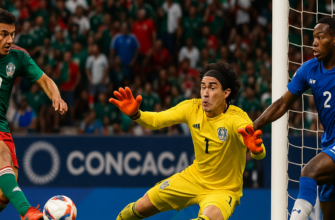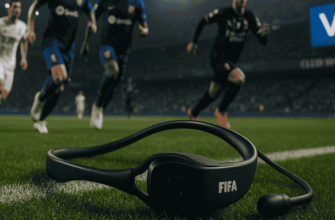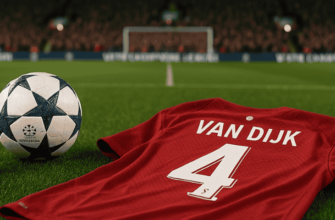Fixture Congestion Concerns
Barcelona’s manager Hansi Flick has expressed significant frustration with what he sees as an overloaded fixture schedule, following midfielder Dani Olmo’s injury. The demands on the team increased after the unfortunate passing of the club’s first-team doctor, Carles Miñarro, necessitating the rearrangement of several matches. Their recent 3-0 win over CA Osasuna, which was initially postponed, inconveniently coincided with the close of the international break.
Olmo’s Setback and Upcoming Tests
During the game against Osasuna, Dani Olmo suffered an injury, dealing a severe blow to the team. He is expected to undergo medical evaluations to determine the extent of his adductor issue, potentially sidelining him for as long as three weeks—a critical period as Barcelona aims to retain their top spot in LaLiga.
Manager and Players Voice Frustration
Post-match, Flick shared his dissatisfaction, remarking on the high cost of Dani’s injury despite securing three points. The problem extends beyond this single match, highlighting a larger concern about fixture scheduling. Barcelona’s calendar is crammed with seven games over the next 20 days, further intensifying the pressure. A confrontation with Girona is scheduled just 64 hours after the victory over Osasuna.
Defender Jules Koundé echoed these concerns, pointing to the strains on players after returning from international commitments. Koundé, who played 120 minutes for France against Croatia, criticized the apparent disregard for player welfare in planning these fixtures.
The Broader Impact on Football
Fixture overload isn’t just a headache for Barcelona. With the upcoming FIFA Club World Cup, Flick and other football experts are questioning the sustainability of such a demanding calendar. Flick argued that the current schedule diminishes both the players’ health and the quality of the game, asserting, “Fans anticipate a spectacle, but exhausted players can’t deliver the performance they expect.”
Barcelona remains committed to achieving success at the highest level, yet their recent complaints highlight a persistent debate in professional football—finding the right balance between commercial pursuits, the well-being of players, and integrity in the sport.









